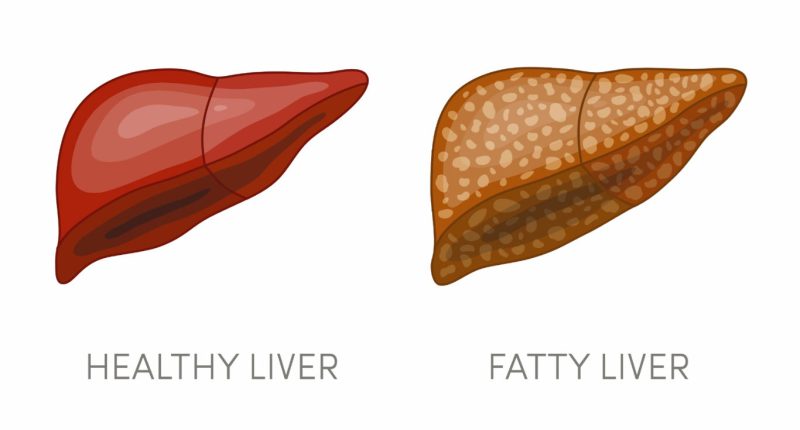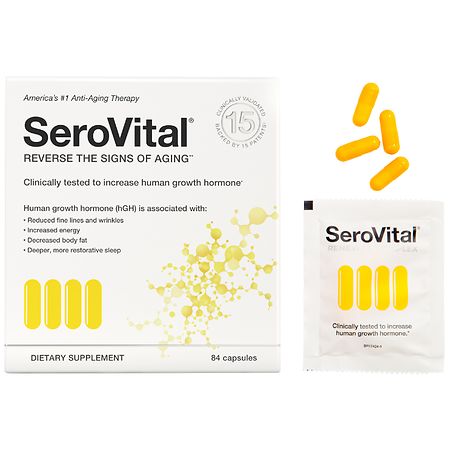Deciphering Obesity
Obesity, characterized by an excessive amount of body fat, along with fatty liver disease, is a significant global health concern, responsible for up to 300,000 deaths annually in the United States alone. Obesity is closely linked to a host of chronic health conditions, including fatty liver diseases, type II diabetes, insulin resistance, cardiovascular diseases, hypertension, colon cancer, gout, sleep apnea, gallstones, and strokes.
Generally, men and women are considered obese when body fat constitutes over 25% and 30% of their total body weight, respectively. Another metric used to evaluate obesity is the body mass index (BMI), which compares a person’s weight to their height. A BMI between 20 and 25 is considered normal, while a BMI over 30 signifies obesity.
Understanding the Link Between Fatty Liver and Obesity
A substantial connection exists between obesity and fatty liver disease. Individuals with obesity are at a heightened risk of developing fatty liver disease, which can progress to severe conditions like NASH, cirrhosis, and liver cancer. However, it’s crucial to note that non-obese individuals can also develop fatty liver disease.
Insulin resistance, predominantly associated with obesity, is believed to contribute significantly to various stages of fatty liver disease. Liver damage is directly proportional to BMI; hence, a higher BMI indicates greater liver damage. The damage multiplies when obesity is combined with excessive alcohol consumption.
Can Weight Loss Mitigate Liver Damage?
Indeed, weight loss can significantly decrease the risk of liver damage. A reduction of 10% in weight can notably lower the level of liver enzymes in the bloodstream, which are indicators of liver damage. Adopting a healthy diet for weight loss is an effective strategy for managing fatty liver disease. However, the challenge of weight loss is amplified in a society that is saturated with high-calorie food options.
Exercise: A Powerful Ally
Exercise is an optimal strategy for weight loss. Engaging in regular physical activity can help control your eating habits and discourage the consumption of unhealthy food, as you wouldn’t want to negate your hard work with poor dietary choices. Try maintaining a healthy diet for three weeks and note the difference in how you feel. Then, spend a day indulging in unhealthy food and observe the contrast in your wellbeing. The difference will be startling! You can enjoy a variety of foods, but remember to consume treats in moderation. Incorporating fiber and protein into your diet will make your weight loss journey considerably easier.











